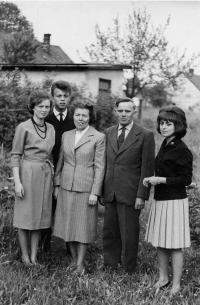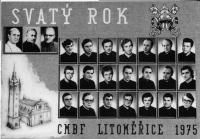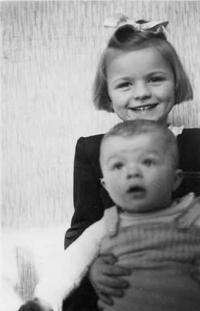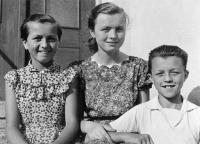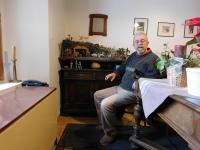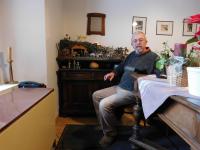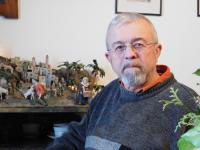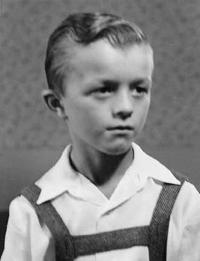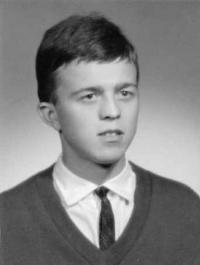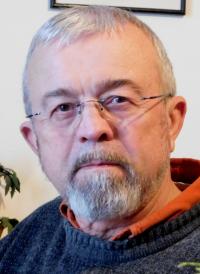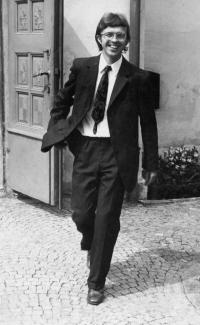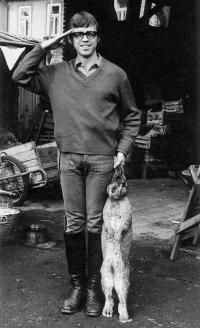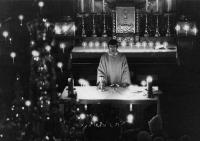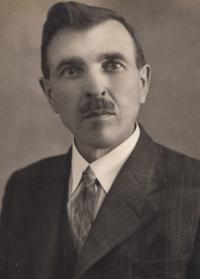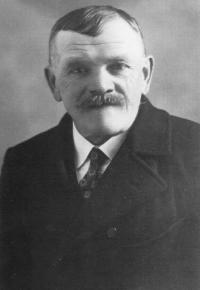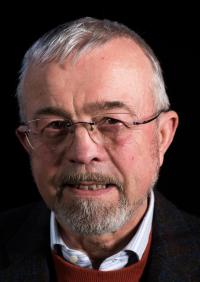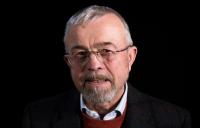I was inspired by information on the Charter, I thought that was just what we needed.
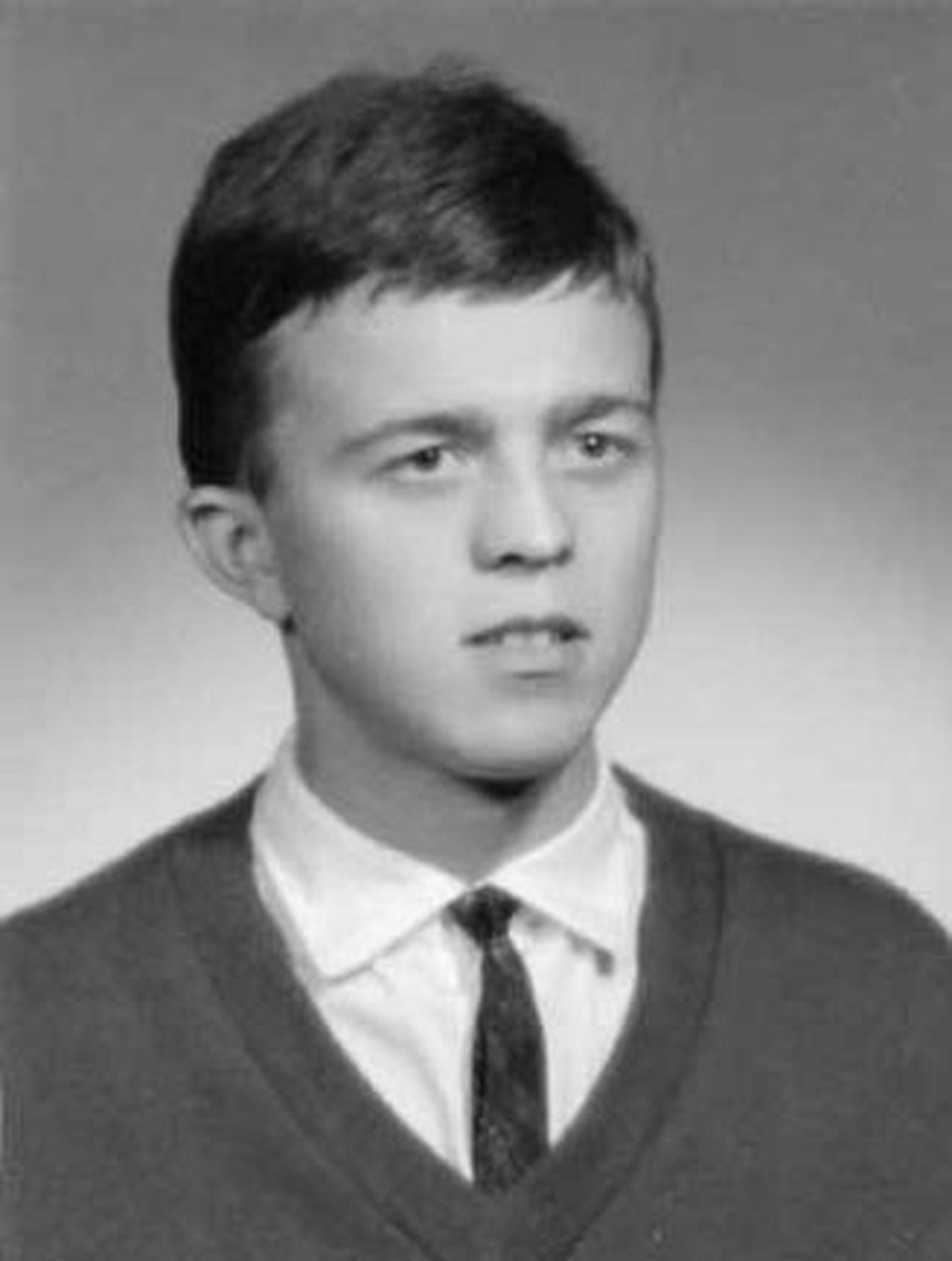
Stáhnout obrázek
Václav Vacek was born on 11 August 1946 in Dolní Čermná. His father spent several months in Nazi jails for resistance activities. During the witness´ childhood a communist regime sent his father to jail again in a construed process. Václav Vacek therefore could not study the veterinary school he dreamt of and trained as a toolmaker. During his employment he studied the secondary school distantly and gained a working scholarship to study the Faculty of Mechanical Engineering in Prague. In the capital he regularly attended masses in the church of virgin Maria before Tyne and was having ideas about becoming a priest in future. After the obligatory army service he began studies at Theological Faculty in Litoměřice. He passed ordination in 1975; then he was active in catholic samizdat, cooperated with Oto Mádr, Josef Zvěřina and Tomáš Halík and became one of a consultors of the cardinal Tomášek. As a suspicios person he undergone several interrogations of the State Security, but he worked out a way of not succumbing to their pressure. After the fall of communism he tried to clean the catholic church from former regime collaborates, but met with a lack of will to change the status quo. He currently works on the parish in Letohrad.
